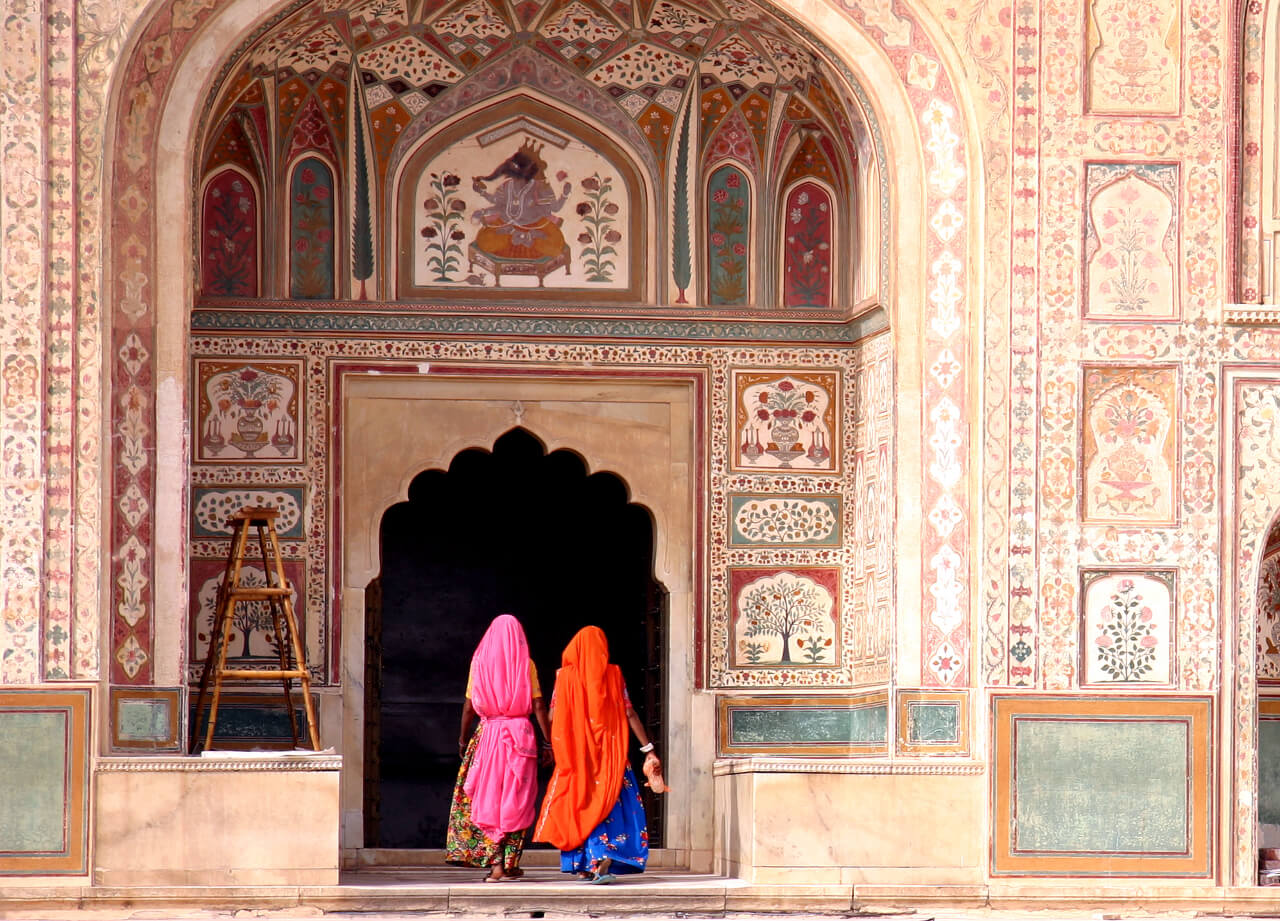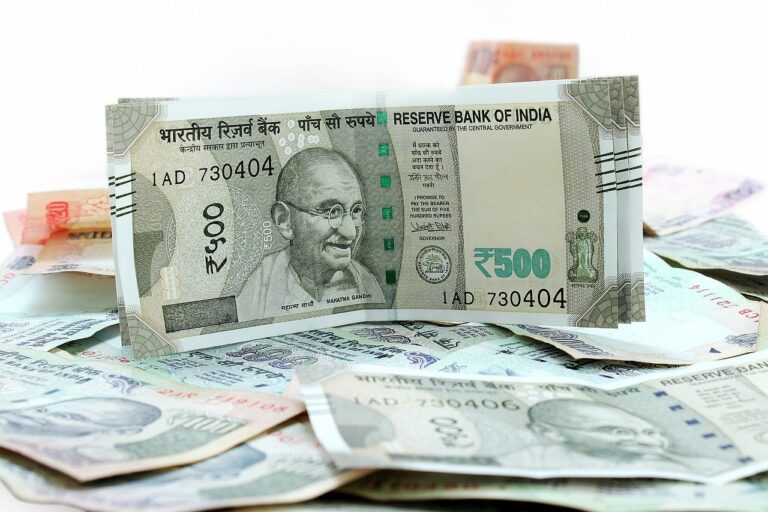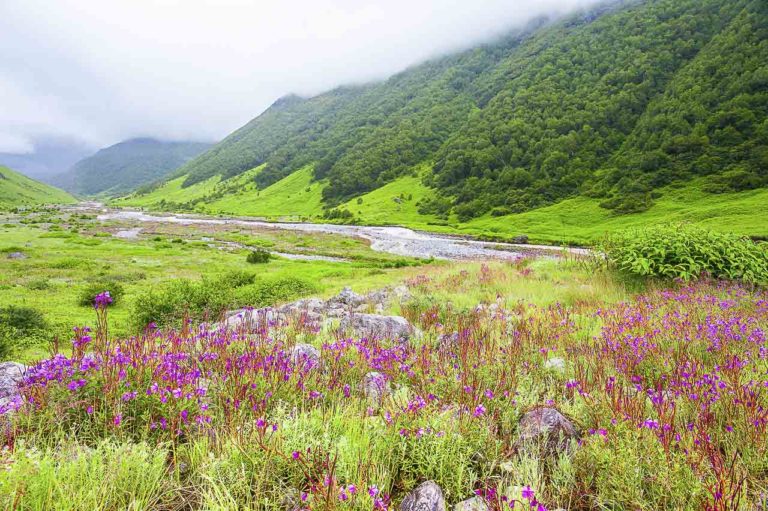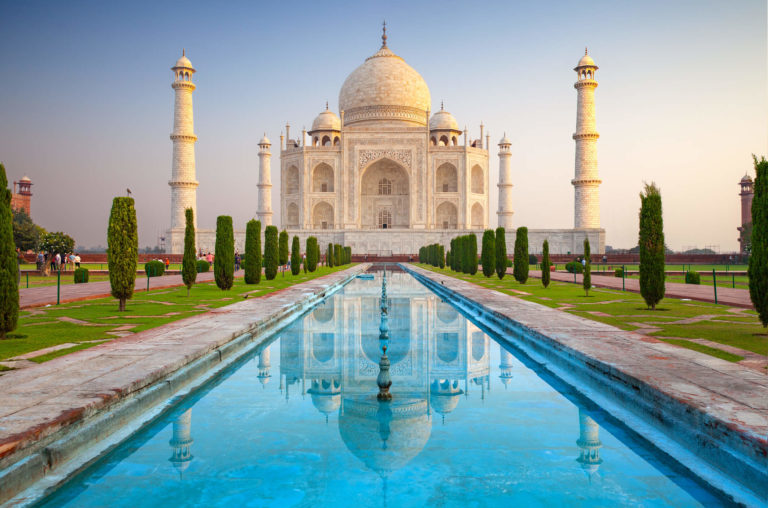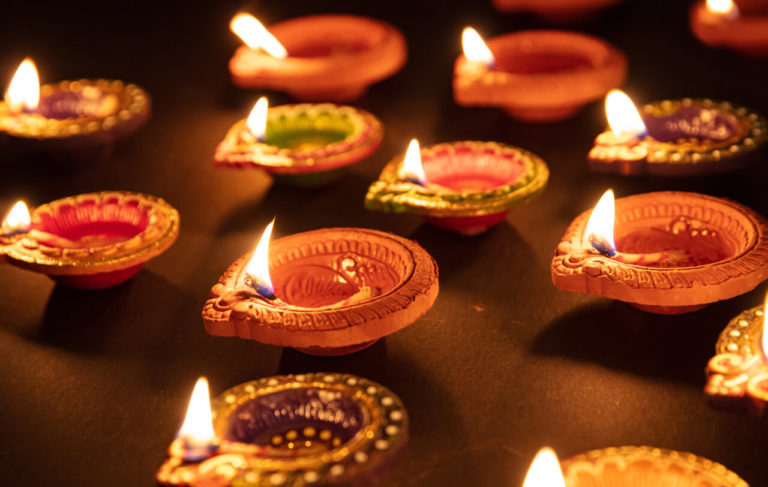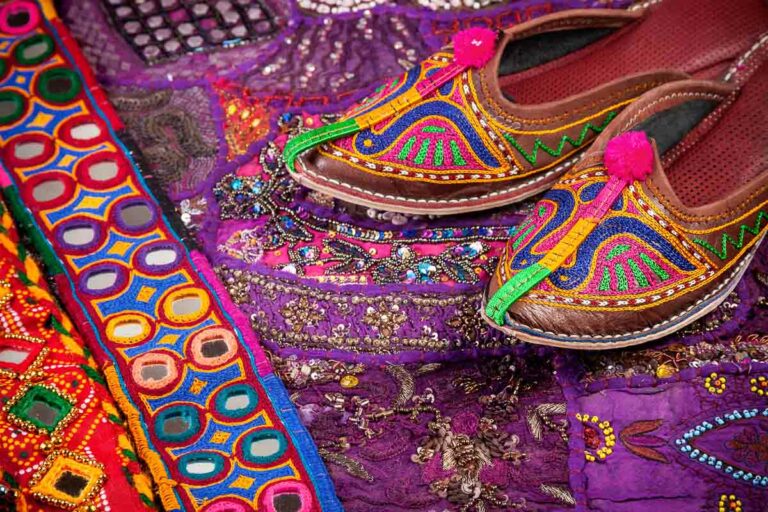Tips for women travellers
Travel in India is not for everyone. But if you do feel called to India, I wouldn’t hesitate. I would, however, prepare, do research, and practise “safe travel strategies.”
In some ways, India is like the Mount Everest of travel. It is often seen as the most challenging, and ultimately most rewarding, place to travel. Many women would love to travel in India — or within India — but they’re not sure if they’re up to the challenge. They also have concerns about whether it is safe.
Unfortunately some terrible incidents and a lot of negative global media attention have combined to make people wary of travel in India, especially for women and solo travelers. Whenever the question of travel to India comes up in a women’s travel forum, a lengthy discussion invariably ensues — with opinions and experiences ranging from “totally safe” to “I would never go there.”
For most women travelers to India, and within India, the truth is somewhere in between. Most will tell you that the dangers are over-exaggerated, but that it can be uncomfortable at times for various reasons.
Millions of people travel in India every year — last year there were more than 10 million inbound tourists and many more domestic tourists. If we can assume 50% were women, that’s 5 million female foreign tourists alone, not counting domestic. I’m sure many were solo travelers, though I don’t know the statistic.
For most of these people, the worst things that happened to them were overpaying for souvenirs, losing a day of travel due to Delhi belly, experiencing train delays, or fending off beggars. Women also have to deal with stares and sometimes verbal harassment from men on the street. But that is usually it. There is very rarely anything more dangerous or serious that happens to tourists in India.
My personal tips for women
I have been traveling in India for many years, and I have had mostly positive experiences. Overall, I have found the people of India to be very kind, helpful, and friendly — and their warmth is what has makes it possible to travel solo.
However, you need to be ready, feel confident, and exercise caution and common sense. Read these safety tips for women travelling in India to get started, and for more check out Top 20 tips for women travelling in India. These tips were written for foreign tourists, though I know Indian women also have hesitations about traveling solo in India.
1. Go to India with an open mind and heart
Be cautious, but don’t be nervous. Be open, but don’t be naive. Yes, India is overwhelming to the first-time visitor and most people experience culture shock. Most Indians are the nicest, friendliest and most helpful people you will ever meet. Even when they are trying to part you from your rupees, they are mostly very nice about it.
2. Do your research on India
Travel in India is just not the same as going to the Caribbean, Greece, or even Thailand. It is massive, diverse, traditional, ancient … and it can be an overwhelming travel destination. Knowing as much as you can about the culture can help prepare you. For example, many tourists go to Rajasthan, but that doesn’t mean the desert state is westernized. Far from it – Rajasthan is one of the more traditional states in India. Wearing a tank top and shorts is just not appropriate in Rajasthan and can invite unwanted attention. On the other hand, in certain parts of Mumbai, like Colaba and Bandra, wearing revealing western clothing is much more acceptable.
Read books about India, and by Indian authors, and watch movies about India. India has a rich historical and cultural past and it is still largely a traditional society, in spite of all the mobile phones, Bollywood glamour and Levi jeans. Find out as much as you can about Indian society, as it will make travel easier. Many foreigners get frustrated by the way business is conducted in India — but it is futile and a waste of energy to get hot-and-bothered. It is also not culturally acceptable to express anger or to cast blame in public. Much better to try and understand, show some respect for an ancient culture (that is much wiser than the west in many ways) and go with the flow.
3. Adjust your expectations about India
If you are from a western country like Canada, the U.S., the U.K., Germany or Australia, you cannot come to India and expect that you will freely be able to do all the things you do at home. You have to accept reality: India is a traditional society in the throes of great change. It is very wise to play it safe, as I do, and wear loose, modest clothes; refrain from overly friendly behaviour with unknown men; and be very cautious about moving around at night. Travel in India is different than other destinations, and travel safety should always be a concern.
4. Be confident, not polite!
This is a top tip for women travelling in India and elsewhere. How you carry yourself plays a large part in your experience. If you are confident, you are less likely to attract unwanted attention they say.
Sometimes in India – often, in fact – polite doesn’t work. If I feel someone is harassing me for whatever reason, I have become very adept at either becoming very cold and ignoring them, or becoming quickly angry and saying “jyao,” loudly, which means “go” in Hindi. Read this post if you need some encouragement to stand up for yourself: Female solo travel in India: Guide to to being rude.
Unfortunately, you do have to keep your guard up in India, it’s not always easy to know who to trust. Local friends come in very handy, and so does travelling with a trusted travel company.
Read this post to brush up on basic Hindi for travelers.
5. Watch how you relate to men
In India, you have to be careful about how you relate to some men – specifically, less educated men working in service, transportation or hospitality. In other words, if you are overly friendly with an autorickshaw driver, you could inadvertently be giving him the wrong signals. It’s unfortunate that foreign women are sometimes seen as more “available” than Indian women, too – which doesn’t help.
Again, realize that much of India is still a traditional society, and in certain parts of society the genders do not mix. Many of the men in India are just not that sophisticated when it comes to flirting and dating, etc. Obviously, there are lots of educated and well-travelled men in the modern metros, like Delhi and Mumbai, who understand the signals we take for granted in the west. But lots don’t and will take your friendliness as an open invitation for sex. Err on the side of caution. As a tourist in India, keep safety in mind at all times.
6. Use transportation strategies
I have travelled all over India, on overnight trains, in countless autorickshaws and taxis, and sometimes even on the backs of motorcycles. I have never felt in danger and never felt unsafe, but I am cautious and I have come up with a couple of strategies, especially for travel at night. To start, get someone to pick you up at the airport when you land. Many good hotels and guest houses will arrange this for you.
Also, when leaving a bar or restaurant, get someone to walk you to an auto or taxi. Or call someone, and loudly tell them the number of the taxi, so the driver can hear. Plan your travel so you don’t arrive in the middle of the night; and try to have someone meet you at the train station or airport. Many hotels and tours offer this service. Always let someone know where you’re going, and stay connected to friends and contacts via social media.
Check out this post about travelling on Indian trains, planes, and automobiles.
7. Carry a mobile phone
Getting a local SIM card and carrying a mobile phone is essential for both safety and convenience, I believe, as India is a mobile phone obsessed nation. Everything is done via text message, including train tickets, taxis, and manicure appointments, and you need it to communicate with drivers. You can buy a cheap phone, or get a SIM card for your regular phone, when you get to India.
Prepaid rates are very cheap for text, data, and talk time. Just make sure you have a copy of your passport and Indian Visa, and a passport sized photo with you when you go to the store to get the phone or SIM card. There’s a lot of free WiFi available in India, in places like airports and cafes, but you need a local number to log in.
TIP: Always carry extra photocopies of your passport and Indian Visa, and extra passport photos.
8. Wear Indian clothes
Indian clothes are light, comfortable, inexpensive and appropriate to the climate and the need for modesty. I usually wear the three-piece salwar kameez, or Punjabi suit; or a kurtah and trousers when in India. But wearing Indian clothes is a bit controversial among my Indophile friends. Some say it just draws more unwanted attention; others say it draws respect and protects you. I am in the second camp. I am a big believer in the “when in Rome” philosophy of travel.
Read What to wear in India and Guide to shopping in India.
9. Change your attitude
I think our attitude and level of confidence plays a big part in our experience of travel – and studies have shown that men attack women they perceive to be vulnerable. If you are seriously afraid to visit a country, it’s probably not a good idea to go. Pushing your comfort zone is okay, if you know you are up for it. But if you are really fearful, you may find yourself having scary experiences. That’s how life seems to work, from my experience. Not always, of course, but a significant percentage of the time.
10. Find other like-minded travelers
It’s easy to meet other travelers in India, especially at hostels, in favourite traveler destinations like Rishikesh, Pushkar, Goa, Manali, Dharmasala, Varkala Beach, etc. Check out this post about Best places to visit in Goa for unique ideas. Plus, you can find travelers through online forums and by using hashtags on social media. Just be careful not to reveal your location in real time – later-gramming is a good idea, even your Instagram stories.

